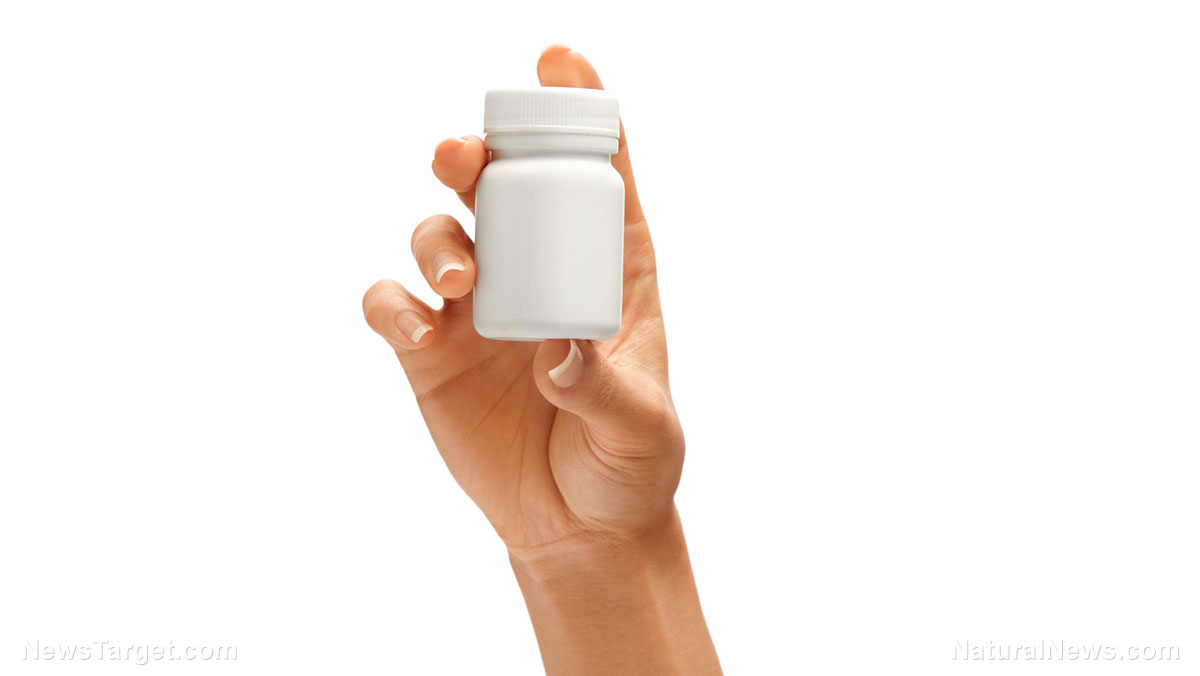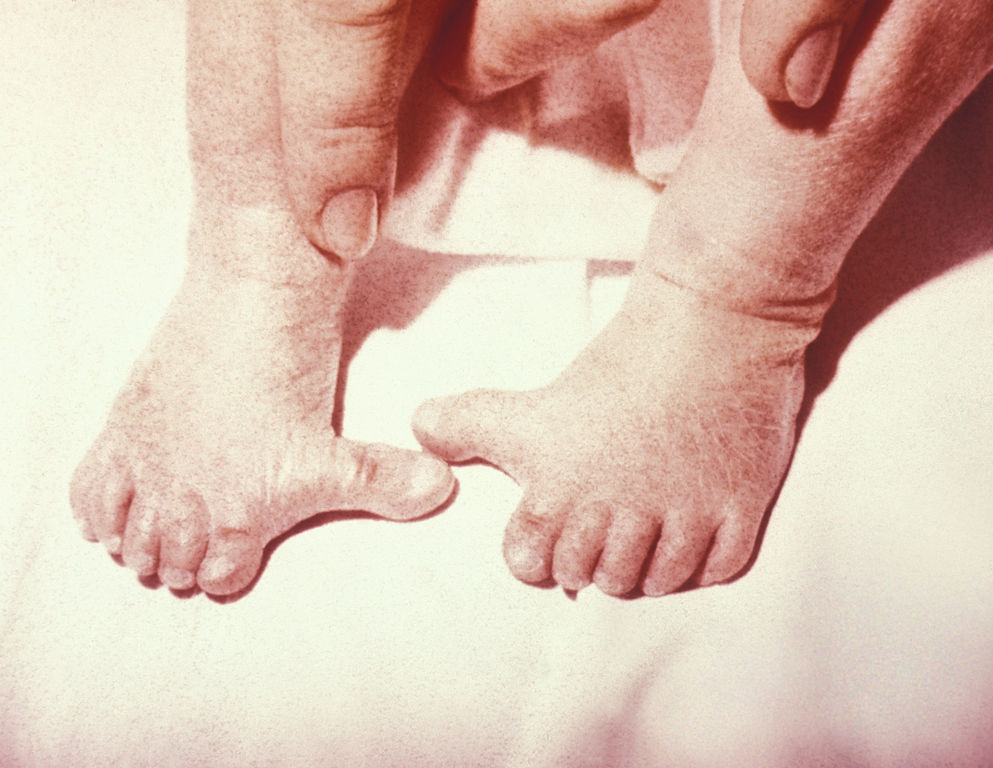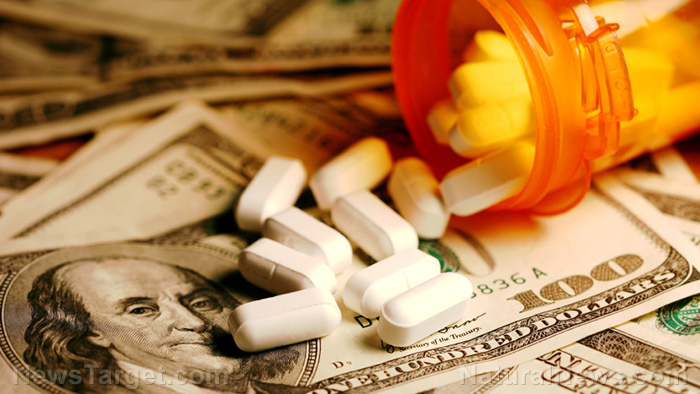Trump crushes the TPP, taking a hatchet to the international profits of Big Pharma
01/26/2017 / By Ethan Huff

Following through on yet another one of his most well-known campaign promises, President Donald Trump signed an executive order on Monday officially withdrawing the United States from a toxic trade deal known as the Trans-Pacific Partnership, or TPP, that former President Barack Obama had tried to usher through in his final days as part of his now-failed legacy.
Reports indicate that the axing of the TPP by President Trump came as part of a trio of executive orders, the other two of which included a hiring freeze on all federal employees except for those in the military, and the reinstatement of the so-called “Mexico City Policy,” which bars countries that receive U.S. aid from performing or actively promoting abortion as a method of family planning.
As President Trump signed the executive action officially killing the TPP once and for all, he stated before press cameras in the Oval Office that the move was a “great thing for the American worker.” The president has also indicated that he plans to take a closer look at and renegotiate the North American Free Trade Agreement (NAFTA), another jobs-killing trade deal signed into law by former President Bill Clinton back in 1993 that’s been a gradually progressing death sentence for the American economy.
“The trade deal is a disaster for many reasons,” then-presidential candidate Trump stated back in May 2015 about the nature of Obama’s TPP. “Number one, we don’t have any good negotiators in our government … Number two, and very, very importantly, it doesn’t take into consideration the currency manipulation because we get beaten in trade more by currency manipulation than any other single factor.”
“The other thing they do, and they do it despite agreements, is they make it impossible to sell product in their countries even after they sign an agreement, so we need much stronger penalties if they continue to do that.”
Concerning NAFTA, President Trump later stated that its affects have been felt all throughout the U.S. manufacturing industry, which has lost nearly half of its entire base since the law was first enacted. This is the type of thing that the president has repeatedly promised to both stop and reverse — the continuous bleeding of American jobs and manufacturing to foreign countries — and he’s beginning with the TPP.
TPP would have been a nightmare for healthcare both in the U.S. and abroad
Another area where the TPP would have been disastrous for Americans and the American economy is the provisions it contained governing the drug industry. Not only would the TPP have upheld existing pharmaceutical monopoly powers over drug pricing, but it would have greatly expanded them in many areas, both domestically and abroad.
Specific text contained in the bill would have given multinational drug companies the rights and powers necessary to continue increasing drug prices while limiting consumer access to less expensive generic drugs. It would have done this by extending monopoly drug patents, allowing drug companies to continue charging obscene prices for not only drugs but also surgical procedures.
Where this likely would have hit the hardest is in foreign countries bound by the provisions of TPP, where multi-billion dollar drug companies would have been allowed to sell “lifesaving” drugs for conditions like HIV/AIDS, tuberculosis, and cancer at monopolistic prices, preventing all access to generic alternatives. The end result of this would have been more sickness and more death amongst the poorest and neediest people living on our planet.
“Big Pharma uses free trade agreements like the North American Free Trade Agreement (NAFTA) and the now-defunct Trans-Pacific Partnership (TPP) to expand their monopoly power and restrict access to medicines,” says Public Citizen, a nonprofit organization in the nation’s capital that fights on behalf of the public interest. (RELATED: See more news about pharmaceutical medicine at Medicine.news)
“The TPP — which was defeated by thousands of diverse organizations representing working people united across borders — would have provided large pharmaceutical firms new rights and powers to increase medicine prices and limit consumers’ access to cheaper generic drugs.”
In the U.S., expanded drug company powers provisioned in the TPP would have resulted in major attacks on public health programs like Medicare, which would have been prevented from reducing prescription drug costs for Americans in need, including the elderly. It also would have allowed pharmaceutical corporations to sue the U.S. Government for trying to reduce drug costs.
“The TPP would have also empowered multinational corporations to directly challenge domestic toxins, zoning, cigarette, and alcohol and other public health and environmental policies, and to demand taxpayer compensation for ‘expected future profits’ they claim were inhibited by such policies,” adds Public Citizen.
There’s no denying that the world dodged a bullet with the total annihilation of the TPP, and the world has President Donald Trump to thank for this major accomplishment, which occurred on the first business day of the president’s term as Commander in Chief.
Stay up to date on more news about Donald J. Trump at WhiteHouse.news.
Sources for this article include:
Tagged Under: pharmaceuticals, TPP, Trump




















